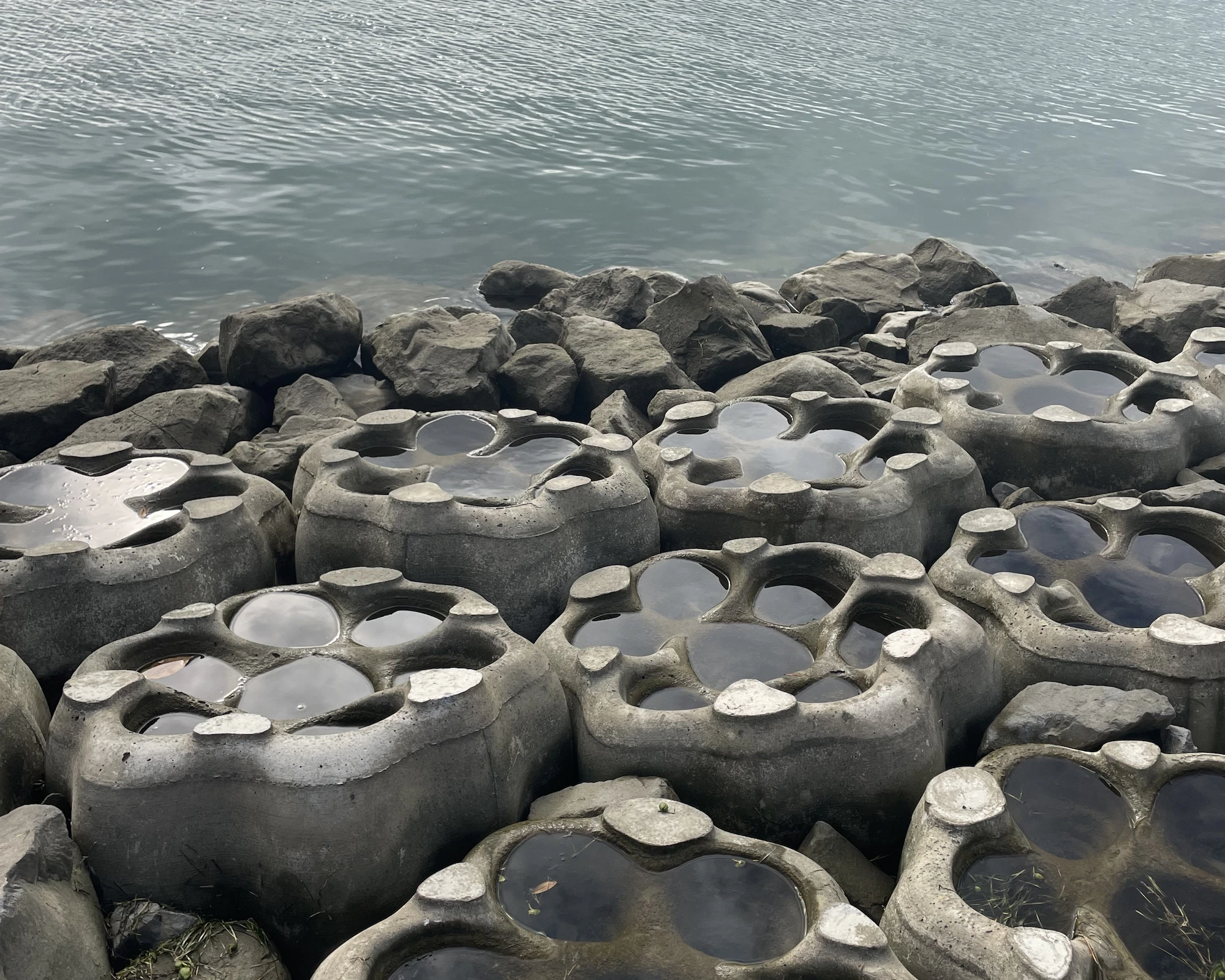The University of Waikato is taking the lead on a multidisciplinary project to develop a circular economy concept for New Zealand, with the aim of reducing waste and developing a more sustainable model of production and consumption.

More than three million tonnes of construction waste goes to landfills every year in New Zealand.
New Zealand is one of the world’s most wasteful countries per capita, recovering just 28% of total waste.
The demand for housing and a building boom, coupled with insufficient systems and incentives to process construction waste, has contributed to the problem.
It is estimated that New Zealand sends more than three million tonnes of construction and demolition material to landfills every year. Construction industry waste accounts for up to 50 per cent of the country’s waste and about 20 percent of carbon emissions through the energy and materials currently used in building.
Led by Professor of Engineering Kim Pickering, Āmiomio Aotearoa is a $10.9 million project funded by the Ministry of Business, Innovation and Employment (MBIE).

Associate Dean of Research and Professor of Engineering Kim Pickering.
The project is collaborative, bringing together a wide range of people including scientists, engineers, business experts and policy advisors to focus on waste reduction in the construction and building industries. It also incorporates Indigenous perspectives and traditional Māori knowledge (mātauranga Māori).
Professor Pickering and her team are developing new materials for the building and packaging industries. They have used building waste to develop structural timber alternatives, cladding, fencing and decking.
They have used polypropylene waste and remoulded it into these new products using natural fibres including flax and hemp as reinforcement, and mussel shells, a waste product from the aquaculture industry, as a fire retardant and stabilser.
They are now creating prototypes for the building industry to test, consulting with some of the industry’s biggest players.
“We needed to know what companies understood about circularity,” Professor Pickering says. “What products they could use and what barriers existed for them to adopt circularity. Many businesses thought a circular economy was recycling, but we need to be much bolder than that.”
She is all too aware that New Zealand is already importing “cheap and cheerful” alternatives to the products she and her team are designing. They are hindered by current building standards that assign specific materials for use. This issue is being addressed by the policy arm of Āmiomio Aotearoa.

Associate Dean of Research and Postgraduate at Waikato Management School, Associate Professor Eva Collins.
Associate Professor Eva Collins from Waikato Management School has researched sustainable business for many years. She says a circular economy presents a major opportunity to improve New Zealand’s long-term competitiveness and create value in many sectors of the economy, whilst at the same time improving productivity and enabling a transition to a sustainable, low-emission, and climate-resilient future.
"For success, the emphasis needs to be on collaboration throughout the value chain from engineers and architects to builders and policymakers,” she says.
“If we can transition to a low-carbon circular economy, New Zealand could avoid costly extraction, creation, and disposal of resources and instead focus on regenerating healthy natural systems. It requires a significant shift in the way people think, live and work,” she says.
Transitioning to a circular economy will not only benefit the environment, but the overall economy. Research indicates that a 60% adoption rate of circular economy practices could reduce overall construction costs in New Zealand by $2 billion per annum in the long term.
Āmiomio Aotearoa ties into the University’s commitment to United Nations Sustainable Development Goals, including SDG #11 Sustainable Cities and Communities and SDG #12 - Responsible Consumption and Production
It is part of the Sustainable Business Network’s Go Circular 2025 which aims to help shift New Zealand businesses from a ‘take-make-waste’ linear economy to one where waste, pollution and greenhouse gases produced by industries and materials are kept in circulation and natural systems regenerated.
The senior leadership team for the project also includes University of Waikato researchers Associate Professor Sandy Morrison (Faculty of Māori and Indigenous Studies), Professor Les Oxley (Waikato Management School) and Professor Barry Barton (Faculty of Law)
Āmiomio Aotearoa also involves researchers from University of Canterbury, Victoria University of Wellington, Massey University, University of Otago, University of Auckland, SCION, Manaaki Whenua Landcare Research, BRANZ Ltd, and several international partner organisations.





